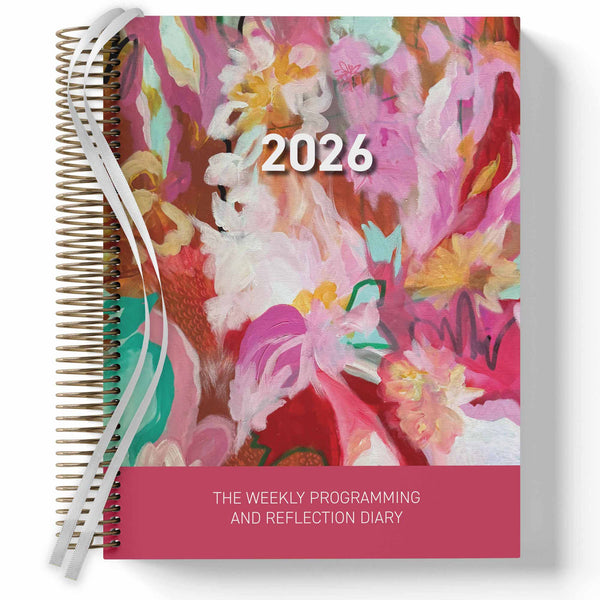Butler Buzz
-

How to show evidence of updated practice for the 2025–2026 NQS changes
For many services, the pressure point won’t be doing the work — it will be proving the work has changed, and that it is not just a policy update sitting in a folder. This is where your Exceeding Guidance Summary becomes a genuine strategic tool: it helps you capture, organise, and clearly communicate how your practice is being reviewed, improved, embedded, and sustained — especially in relation to new expectations around child safety, governance, and leadership.
-

NQS 2026 Updates and 2025 Policy Guidelines: Downloadable Resources
Learn about the upcoming NQF child safety changes coming into effect in September 2025 and January 2026, and download your NQS 2026 Update Pack, including NQS Summary, Service Leader Checklist, National Model Code Checklist, and Staff Handout.
-

Ultimate Guide to Incident Reporting in Childcare
Incident reporting in early childhood is crucial for maintaining safety, meeting legal requirements, and building trust with families. It involves documenting events that impact a child’s health, safety, or wellbeing, such as injuries, medical emergencies, or allegations of abuse. From 1 September 2025, Australian early childhood providers must notify authorities of serious incidents, including abuse allegations, within 24 hours. Non-compliance can result in penalties, loss of subsidies, or service closure.
-

What to Document in the Culturally Responsive Calendar
Cultural responsiveness isn’t just a buzzword — it’s a foundational practice across EYLF and MTOP v2.0. The Culturally Responsive Year Wall Calendar helps educators embed First Nations perspectives into daily documentation with intention and purpose. This guide shows how to align the calendar with your existing diaries, meet NQS expectations, and make cultural learning visible, respectful, and ongoing.
-

How QIPs Align with National Quality Standards
Quality Improvement Plans (QIPs) are essential tools for Australian early childhood education services. They help providers assess their performance, identify areas for growth, and align with the National Quality Standard (NQS). The NQS sets benchmarks across seven key areas, including education programs, health and safety, and leadership. Connecting QIPs to these standards ensures compliance, improves service quality, and supports better outcomes for children, families, and educators.
-

The Multifaceted Role of the Children’s Centre Diary: A Communication Hub and Quality Improvement Tool
How the Children's Centre Diary captures many roles across different teams — one powerful tool to lead, reflect, and stay connected. From Centre Directors to Room Leaders to the whole team, the Diary has become more than a planner. Here’s how different roles in your centre can use the Children's Centre Diary to keep everything — and everyone — on the same page.
-

Training Portal Guide and FAQs
The Butler Training Portal has been developed as another avenue of support for our customers. Here's everything you need to know...
-

Does the Whole Service Need to Use the Same Programming Method?
"Does our entire service need to use the same programming method?" The short answer is no—but consistency, collaboration, and alignment with the Early Years Learning Framework (EYLF) v2.0 are key factors to consider.
-

Streamlining and Reducing Duplication in Documentation
Documentation plays a crucial role in Early Childhood Education and Care (ECEC), enabling educators to track and reflect on children's learning. However, misconceptions about documentation requirements under the National Quality Framework (NQF) can result in unnecessary administrative burdens and educator burnout. Understanding regulatory obligations and adopting efficient documentation practices can help streamline processes and reduce duplication while still meeting compliance requirements.
-

The Three Dimensions of the Sustainability Principle: Embedding and Documenting in the Early Years
EYLF V2 introduces 'Sustainability' as a core principle, encompassing environmental, social, and economic dimensions. Here we break down the Sustainability principle and how to document it.
-

How Do I Ensure My Service Complies with Educator-to-Child Ratios?
Complying with educator-to-child ratios is a fundamental requirement for Early Childhood Education and Care (ECEC) services in Australia. These ratios ensure that children receive the attention and care they need for their safety, development, and learning. Maintaining compliance also reflects positively during Assessment and Ratings. Here’s a step-by-step guide to help your service stay on track.
-

What is the National Quality Framework (NQF), and How Does it Impact My Role as an Educator?
This blog explores the core components of the NQF and its impact on your role as an educator, helping you navigate its requirements while ensuring you contribute to meaningful outcomes for children.
-

Creative Cardboard Box Activities for ECEC: Engaging Ideas Linked to EYLF Outcomes
At Butler Diaries, we reuse all our packaging we receive our Diaries in from our suppliers to send out our orders to you. So if you use them in your service, these boxes are being reused 3 times at least! Cardboard boxes are versatile and cost-effective resources that can ignite creativity and learning in Early Childhood Education and Care (ECEC). So save your Butler Diaries box from your order and try out one of the below activity ideas that utilise cardboard boxes (linked to the Early Years Learning Framework (EYLF) outcomes of course). -

The Butler Method: Simplifying Programming and Reflection in Early Childhood Education and Care
The Butler Method is a streamlined approach to programming and reflection in ECEC, designed to bring clarity, efficiency, and compliance to the often complex planning cycle. It is a boxed method that values intentional teaching while embracing spontaneous learning moments, seamlessly aligning with Frameworks. By offering a structured yet flexible approach, the Butler Method supports educators in meeting the requirements of NQS while also incorporating the insights of key educational theorists.
-

Bobbie’s Doggy Daycare Diary: Create your own Diary extension activity
Extend on the story ‘Bobbie’s Doggy Daycare Diary’ by creating your own Diaries. Children can express themselves and share their Daycare experiences in their very own Diary. Children will foster early language and literacy skills and foster their sense of identity and emotional development. Recalling their day and experiences strengthens memory, encourages reflection and helps link learning. Folding, stapling, writing and drawing all strengthen physical skills.
-

A Peek into the Early Childhood Cook Diary for ECEC with Examples
Here's we take a peek into the Early Childhood Cook Diary to see how it can help cook's and chef's in Early Childhood manage their kitchens and stay on top of compliance. -

A Look into the Children's Centre Diary with Examples
Here's we take a look at the Children's Centre Diary to see how it can be used to streamline your admin and help manage your office. -

A Deep Dive into the Nominated Supervisor Diary with Examples
Here we take a deep dive into the Nominated Supervisor Diary to see how it can be used to improve efficiency, memory and quality improvement in your service.
-

Expectations of Educational Leaders in Early Childhood Education and Care (ECEC): Free Checklist
As an Educational Leader in Early Childhood Education and Care (ECEC), it's crucial to have clear guidance to ensure you are fulfilling your role comprehensively. Your role is pivotal in shaping the educational practices and overall quality of the service. This guide provides clear directions on your expectations, responsibilities, and practical steps to effectively lead your team, ensuring the best outcomes for children in your care. Download the free checklist... -

How to complete the Exceeding Guidance for National Quality Standard: Evidence Summary
The Exceeding Guidance for NQS Evidence Summary is designed to support you in succeeding at exceeding with guides to exceeding themes and evidence pages for national quality standards. Each quality area is followed by an evidence page that captures details of the evidence you've collected, where it is kept, and which element it relates to. -

How to Become a Family Day Care Provider: A Comprehensive Guide
Becoming a family day care provider is an enriching career that allows you to create a nurturing environment where children can flourish. This detailed guide will help you understand the steps involved in starting your own family day care and provide tips for ensuring success. -

Tips for Assessment and Rating for Early Childhood Education and Care (ECEC) Services
Assessment and Rating can be a daunting process for many Early Childhood Education and Care (ECEC) services. However, with proper preparation and a clear understanding of what is expected, the experience can be significantly less stressful. Here are some essential tips to help you prepare for assessment and rating, manage nerves, and effectively discuss your practice. -

What Are the Duties of a Family Day Care Educator?
Family Day Care (FDC) educators play a crucial role in the Early Childhood Education and Care (ECEC) sector, offering a unique and personalised form of child care within a home environment. Their duties extend beyond mere supervision, encompassing a broad range of responsibilities that contribute to the development and well-being of the children in their care. Here, we explore the key duties of a Family Day Care educator. -

Top Three Responsibilities of Educational Leaders in Early Childhood Education and Care
Educational leaders play a pivotal role in shaping the quality and effectiveness of services provided. Their responsibilities are multifaceted, but three key areas stand out as essential to their role: curriculum development and implementation, professional development and support, and quality improvement and compliance. -

Free NQS Download: Reflective NQS Checklist
This Reflective NQS Checklist has been adapted from the Guide to the National Quality Framework to provide you an easy to follow and use template for reflecting on your practice against National Quality Standards. It's a great resource for self-assessing your service and reflecting on areas for improvement and assigning persons responsible for overseeing those improvements.
-
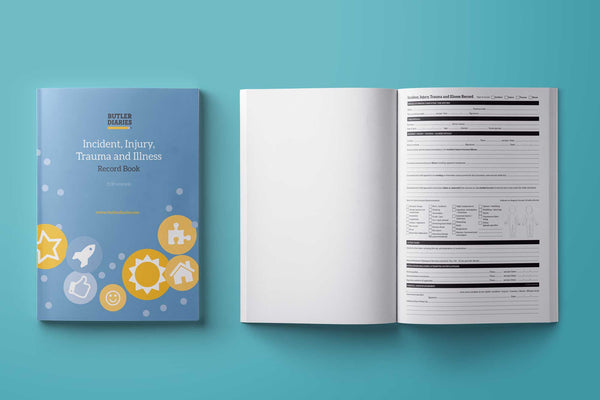
What's the best way to communicate with parents about accidents and injuries?
What's the best way to communicate with parents about accidents and injuries? Communicating with parents about accidents and injuries in early childhood education settings should be handled with care, transparency, and professionalism. Here are some best practices. -
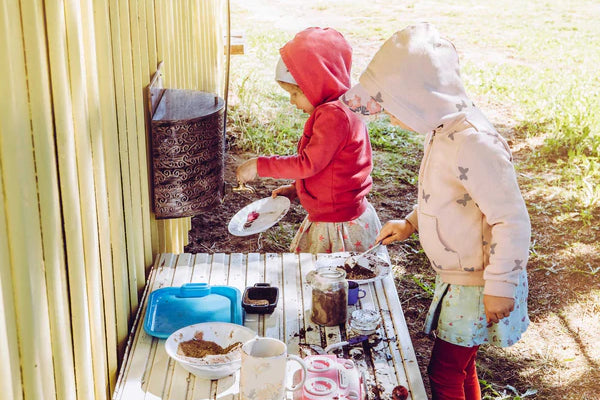
How to Link Theorists to Observations in Early Childhood Education and Care
The best way to learn about how to do something, whether it’s how to teach or how to care for children, is to learn from those who have already done it. Those individuals are called theorists, and their theories are the structures upon which much of the practice that you see around you was built. While all of these theories are extremely beneficial in your practice, it can be difficult to know how each one can be used effectively, especially if you’re new to the field of early childhood education and care. -

Tips for Running Effective Staff Meetings in Early Childhood Education and Care
Staff meetings in ECEC serve as vital platforms for collaboration, communication, and professional growth. However, orchestrating productive gatherings requires careful planning and execution. So here are some valuable tips to help educators and leaders navigate the path towards successful staff meetings... -
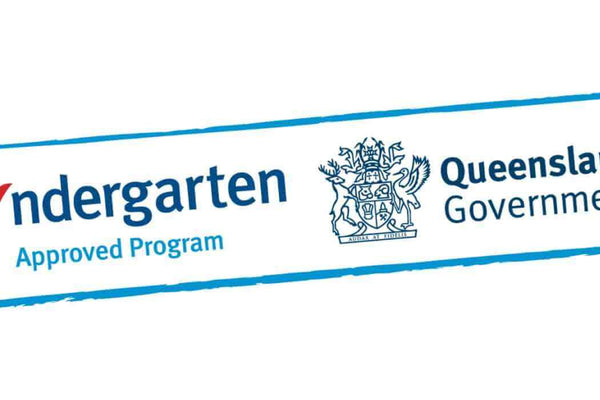
Understanding Queensland Kindergarten Funding: A Snapshot Guide for Approved Kindergartens
Navigating the intricacies of Queensland kindergarten funding is crucial for approved kindergartens to effectively manage resources and provide quality early childhood education. This article aims to demystify the process, detailing when funding is received, how it's accessed, timelines for usage, and permissible expenditures. -

Strategies to Reduce Staff Turnover in Early Childhood Education and Care
Staff turnover can be a significant challenge. High turnover not only disrupts the continuity of care for children but also impacts the overall stability and effectiveness of the educational environment. However, by implementing strategic measures, centres can mitigate turnover rates and foster a more supportive and engaging workplace culture. Here are some effective strategies... -
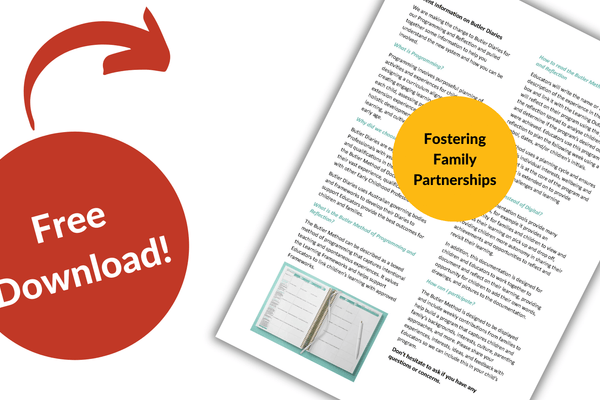
Supporting Families to Understand the Butler Method: Free Parent Information on Butler Diaries
Embark on a shared journey of learning and growth with families by downloading our free Parent Information on Butler Diaries factsheet that supports families understand programming, the Butler Method, the benefits of written records, and how to read and participate in your program. -
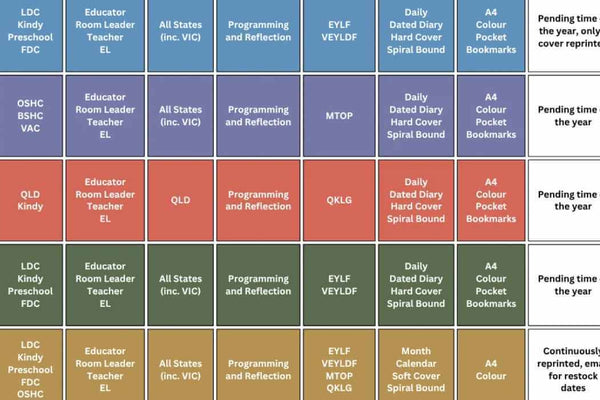
Which Diary is right for me?
Here is a visual guide of which Butler Diaries may be right for you. Check out their purpose, who they are designed for, what's included and what variations are available. -
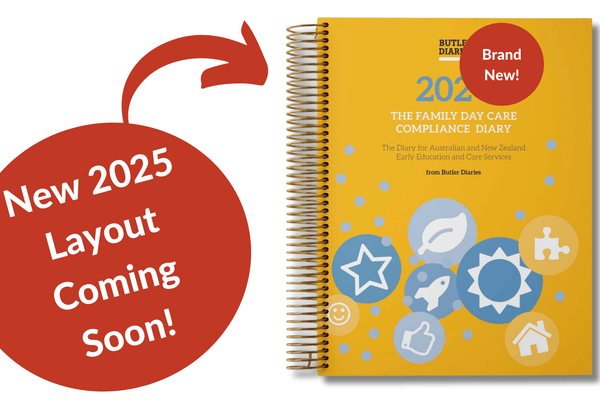
Family Day Care Compliance Diary: What's New
We collected your feedback and made some changes to the Family Day Care Compliance Checklist Diary. We have now jam packed more of your compliance needs into the same Diary while reducing how bulky it is! Sounds impossible we know, but we did it! Here we go through the changes and give you some examples...













































